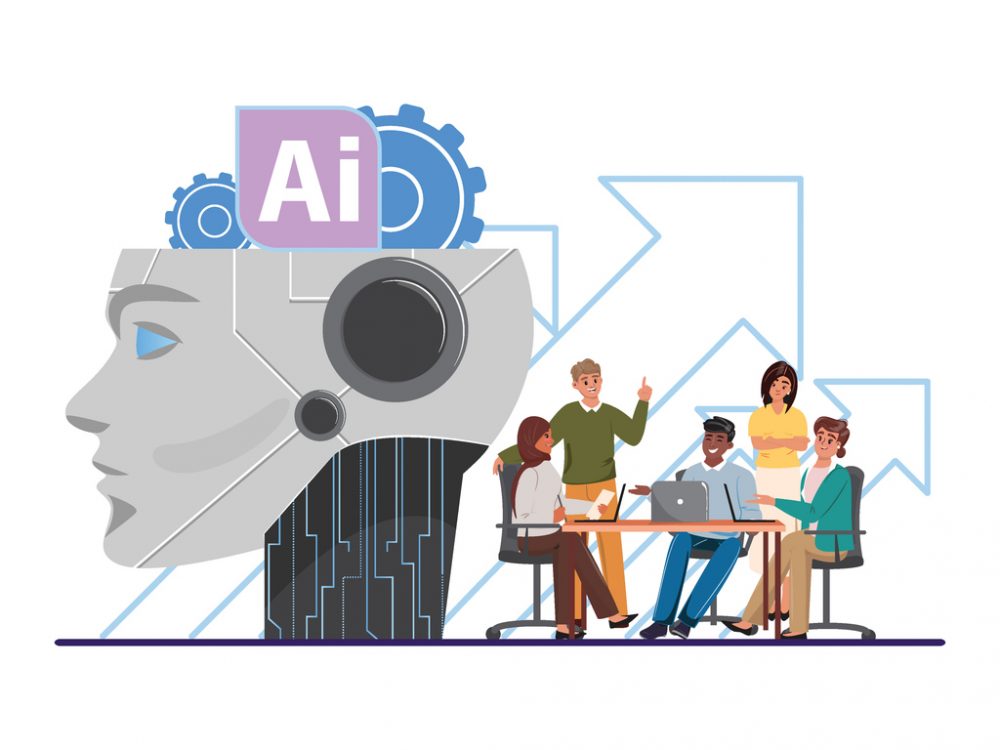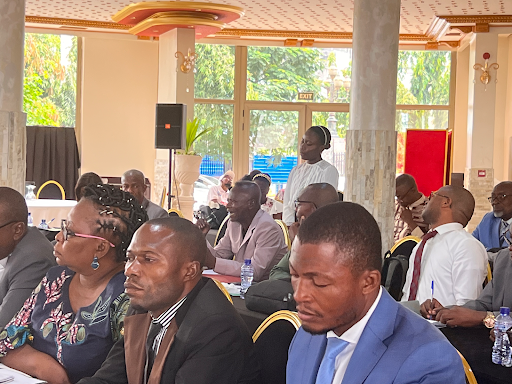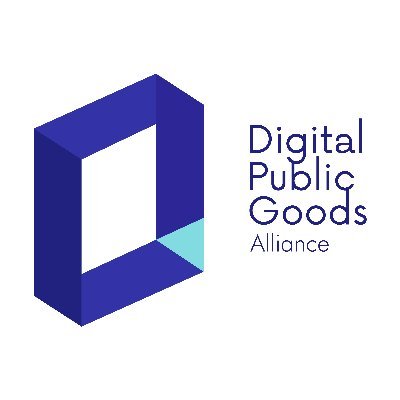The Next Five Years: Replacing Build Back Better with a Cycle of Constructive Communication
Today marks the fifth anniversary of the devastating 2010 earthquake in Haiti. While the disaster has faded from the news cycle, the Government of Haiti, donor agencies, and citizens are still walking down the road of reconstruction. As individuals involved in this effort, today of all days we should stop to ask:
“What is my role in this recovery process, and how well am I performing in that capacity?”
In the development sphere, donors and governments play critical roles, especially in a post-disaster context. Ideally, governments would manage and coordinate aid flows and incorporate this information into data-driven decision-making and reconstruction processes, while donors would report timely and accurate information to governments to aid government planning, all the while following through on pledged commitments.
Most importantly, throughout this process, governments and donors should also work with each other to ensure that efforts are both impactful and applicable, given varying contexts.
Five years after the earthquake, though progress has been made, the situation remains far from ideal: over 86,000 individuals still live in tents outside of the capital, and audits of international aid projects show disappointing results. It’s tempting (and not entirely inaccurate) to blame poor oversight, unforeseen realities, political tension, or limited local capacity for the current state of affairs. However, at its base, the issue is this: donors and the Government of Haiti have not been effective development partners.
As we covered in 2014, both donors and the government rallied behind using technical tools and processes to track commitments and disbursements of reconstruction support through Haiti’s Aid Management Platform (MGAE – le Module de gestion de l’aide externe). The MGAE allows donors to input planned and dispersed funding by theme and project location, allowing the government to see how much money is flowing into the country, and where that money goes. By tracking this information in a centralized system, the government and donor partners can ensure funds go where they are needed most, and can avoid waste or duplication of efforts.
However, a tool is only as good as its inputs. Late reporting or funding that doesn‘t appear (undisbursed, unreported, cut last minute) undermines the entire system – and erodes trust and partnership. Without that partnership element, government and donor efforts will not be as efficient or effective as they otherwise could be. Bolstering this relationship will take effort, and won’t be straightforward, but the impact would be enormous.
Rather than look back on the past five years, let’s look forward to the next five – and recommit ourselves to being reliable, equal partners working towards a sustainable future.
Image from: DFID – UK Department for International Aid, CC BY-SA 2.0.
Share This Post
Related from our library

Beyond Kigali: Where Does Africa Go from Here with AI?
As the AI momentum builds, Development Gateway is asking different questions: where the data comes from, how reliable it is, how legacy systems will supply usable data, and whether governments have the capacity to govern and trust the AI tools they’re being urged to adopt.

Stakeholder, Where Art Thou?: Three Insights on Using Governance Structures to Foster Stakeholder Engagement
Through our Tobacco Control Data Initiative (TCDI) program and its sister program Data on Youth and Tobacco in Africa (DaYTA), we have learned that creating governance structures, such as advisory boards or steering committees, is one approach to ensuring that digital solutions appropriately meet stakeholders’ needs and foster future stakeholder engagement. In this blog, we explore three insights on how governance structures can advance buy-in with individual stakeholders while connecting them to one another.

DG’s Open Contracting Portal Designated as a Digital Public Good
Digital Public Goods Alliance designated DG’s Open Contracting Portal as a digital public good in September 2022. The Portal provides procurement analytics that can be used to improve procurement efficiency and, in turn, reduce corruption and increase impact.